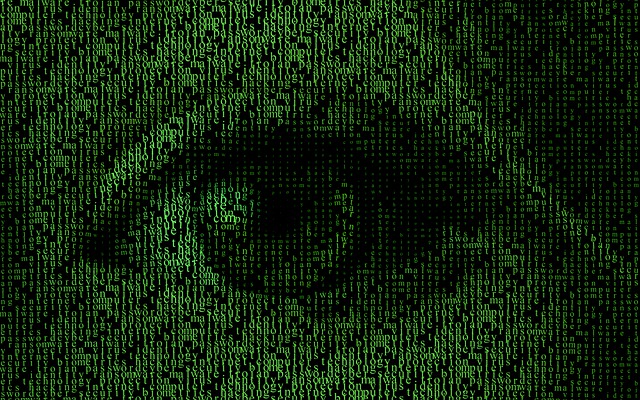Lead
MortalKombat ransomware, an infamous ransomware strain that caused disruption to many businesses and individuals over the past few months, is now allowing victims to decrypt their files for free. This is a welcome announcement from the cyber security community, as victims no longer need to pay the hefty ransom demanded by the attackers.
Background
MortalKombat ransomware first appeared in January 2021, distributed through malicious downloads and deceptive webpages designed to mimic legitimate websites. The ransomware locks up victim’s computers, encrypting all the data on the system and warning users that their files are inaccessible until they choose to pay the ransom. The ransom claimed by the attackers was reported to be around 0.2 Bitcoin, making it the most expensive ransomware strain of its kind.
Good news
However, victims can heave a sigh of relief as an anonymous group of security researchers have released a solution to decrypt the files encrypted by MortalKombat ransomware at no cost. This has been achieved by reverse-engineering the encryption algorithms used by the ransomware, and is being heralded as a major victory for the cyber security community.
Reasons for success
Unlike other ransomware strains, MortalKombat does not rely on highly advanced encryption algorithms. This made it possible for researchers to decipher the ransomware code and build a solution to combat it. The success was also attributed to the extensive collaboration between security researchers from various organizations, in the form of a research alliance.
Conclusion
MortalKombat ransomware is now officially a thing of the past, as victims can now decrypt their files at no cost. This is a great example of how the collaborative efforts of security researchers can be used to combat cyber threats. However, it is important to note that victims must immediately remove any malicious files that have been left behind by the ransomware in order to ensure complete security.
Hey Subscribe to our newsletter for more articles like this directly to your email.
